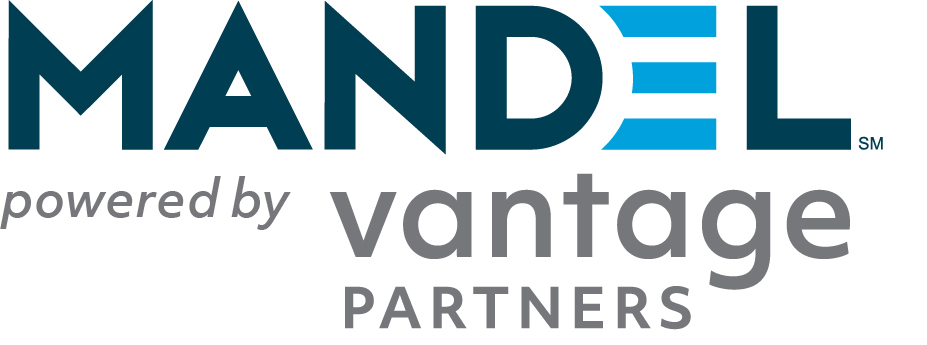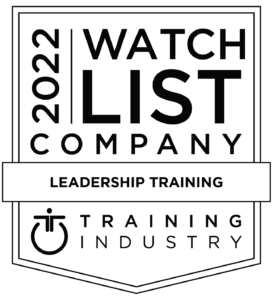Do you have the skills you need to land that promotion or new role?Do your employees have the skills they need to ensure your business stays competitive and ready for whatever new challenges the market presents?
Because technical skills or subject matter expertise may no longer be enough.
Now, people skills could be the ticket to career and company growth.Whatever term you use—people skills, social skills, interpersonal skills—it boils down to your ability to communicate and work well with others.
According to an analysis by David Deming, associate professor of economics at Harvard, the market has been increasingly rewarding interpersonal skills. Over a 22-year period from 1980-2012, jobs requiring a high degree of social skills grew by 10 percent; and less social jobs (e.g., STEM occupations) shrank by 3 percent.*
Why are people skills more important than ever?First, the number of jobs that require people skills has grown, and those jobs are relatively higher paying.* While technology has automated hard-skills-only jobs in many areas, artificial intelligence hasn’t matured enough to automate people-skills-intensive jobs.
Second, the pace of business change is faster than it’s ever been, with markets more unpredictable than ever before. The ability to keep up with the pace or pivot as needed may be more dependent on people skills than on context-specific hard skills that lose their relevancy over time.
Before you invest more of your time and money in hard skills training, you may want to take a closer look at the increasing value of people skills. Then ask yourself, can you really afford not to invest in them?
Here are 6 smart reasons to invest in people skills.
1. People skills are transferable and evergreen.
Unlike technical skills that may only be relevant to a single company or industry—or even just for a specific period of time—people skills have lifetime value.
The ability to communicate well and collaborate with others never loses relevancy, regardless of industry trends that come and go or the strategic direction your company takes.
On a personal level, because people skills are universally useful, they can help you make a smoother transition into new industries or even a new career.
2. People skills can improve your ability to learn other skills.
Learning a new skill requires you to listen, ask questions, clarify your understanding, and often reinforce new skills in practice with others.
The better you are at active listening, asking thoughtful questions of others, communicating clearly, and collaborating with team members—the more likely it is that you’ll learn faster and also remember more of what you learned.
3. People skills can bridge generational differences.
Millennials now make up the largest proportion of the American workforce and their assimilation has caused a definite stir. There’s no denying that different generations can have different work habits, attitudes, values, and even ways of communicating on the job.
Because of this, organizations are struggling with how to prevent those differences from affecting morale and productivity.
If you want to bridge generational divides, give people the shared tools and frameworks they need to communicate more effectively with one another.
4. People skills can bridge philosophical or personality disagreements.
People who work together don’t always agree with or like one another. But disagreements can be overcome—or at least made respectfully productive—when people possess the active listening skills and the communication tools needed to align and respond to colleagues’ concerns or comments without getting defensive.
5. People skills can lessen the pain of change.
Change is hard. There’s no getting around it. If you’ve ever lived through an acquisition/merger, a shift in company or brand strategy, a massive product launch on a global scale, layoffs, management changes, etc.—you know some amount of pain is inevitable.
While you can never completely eliminate it, you can manage it with clear and purposeful communication.
6. People skills can improve performance.
Poor communication costs companies a lot of money, time, and resources. As Steve Mandel wrote in his post, How to Prevent Projects from Failing, poor communication condemns 1 in 5 projects to failure.
Alternatively, effective communication is a proven competitive advantage. According to Towers Watson, companies that have highly effective communications practices are 1.7 times more likely to financially outperform their peers.
Can “people skills” really be learned?There’s a pervasive myth that you have to be a born communicator or people person—not made. That’s a dangerous notion because it stops people before they even try to improve their interpersonal skills.
While introversion and extroversion may be innate traits, anyone, regardless of their personality type, can learn how to communicate more clearly and collaborate more effectively with others. It just takes a willingness to learn new skills and tools—and a commitment to putting them into practice.
What happens now?I think this latest research on the value of people skills, coupled with the pace of change in business today, portend a tremendous shift in the way talent management leaders must approach training and development. If you’re starting to see diminishing returns on hard skills, or struggling to determine what the payoff has been, then soft skills training may be the smarter investment for your future.
Is your organization prepared for the future of business? At Mandel, we know that clear communication gets better business results, faster. And we believe clear communication is a sign of clear thinking. That’s why our Think and Speak for Results Training™ Workshops give your professionals simple frameworks for quickly organizing their thoughts anywhere at anytime and the must-have skills to communicate them clearly, respectfully, and persuasively. Contact us to learn more.
*Source: Deming, David. “The Growing Importance of Social Skills in the Labor Market.” Harvard University and NBER. August 2015.










